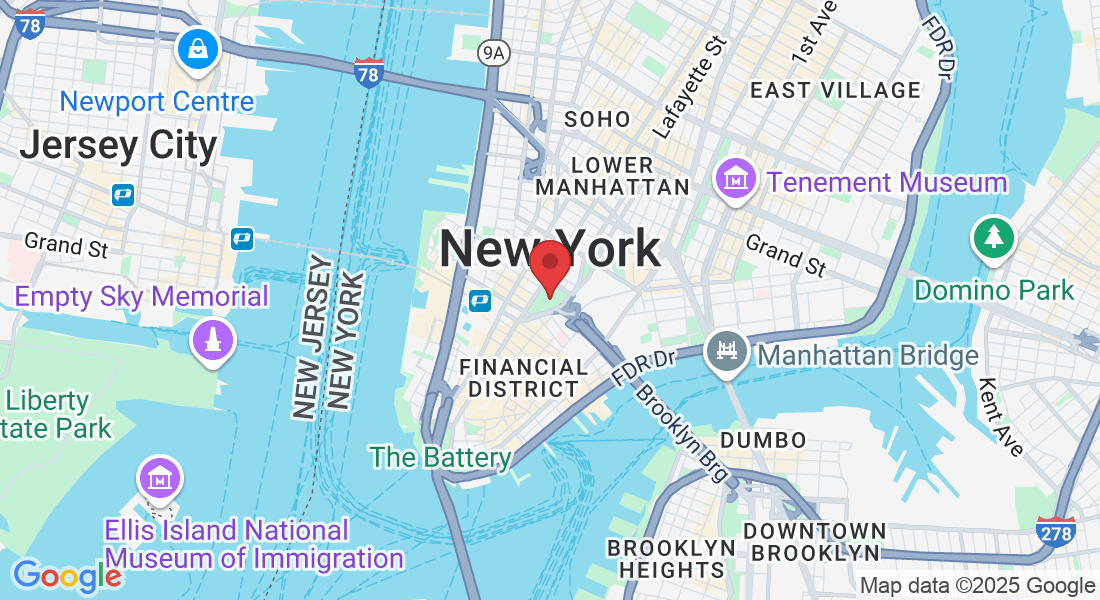Free Services for Kiwi Property Owners
We have helped over 45,500 Vendors in NZ
Date: 31 August 2025
SELLING YOUR PROPERTY
Find your Top Local Agent
OUR GUARANTEE: We have zero tolerance for spam, and we will not sell your data. By continuing, you agree and have read our disclosure and company privacy policy



HOW DO WE WORK?

Enter your Details
All you need to do is to complete the Search Form above. We will then get started on researching your property and its location.

Your Property File
We will follow up with an email or phone call. We will then send you a free property file packed full of information on your property. This information is not a market appraisal it's general information about you property and we send it to you for free. We use this to find your top real estate agent.*

Your Top Local Real Estate Agent Profiler
Lastly we will email you a summary of who we trust will be the top local agent or agents in your area to sell your property. *All this is absolutely free. Our recommended agents are picked based on our own independent research and current sales profiles. We do not have any pre-selected agents nor are we affiliated to any real estate agency. We are independent and offer a free service for New Zealand property owners.
* The agent pays us a referral fee from their commission should the property sell you can read our disclaimer here
"My thanks for your prompt and very efficient replies. Your report is very comprehensive and greatly informative and the video is right on the mark. I have been selling for the last 30 years and I totally agree with the ideas. Cliff T 5 April 2023
How do we find your top local real estate agent
We use independent data and sales statistics (from your property profile) to find you the best agents with a proven record of selling similar properties to yours in your suburb.
We are not a real estate company, nor do we have any relationship with any particular real estate companies. And, we do not have agreements with pre-selected agents. Our business relies on the most up to date industry data not available to the general public.
The Agents we recommend will be selected specifically based on their ability to sell your particular property.
Our recommendations will more likely get you the best price for your property in the shortest space of time. And there’s no obligation or contract with us. All at no cost to you. You can read our
FAQ section for more information.

Our Dedicated Top Agent New Zealand Search Team
Call The Number Closest To You

OUR PROMISE TO YOU
1. We will never sell any of your information
2. We will never charge you for our service.
3. We will get the job done within 48 hrs
4. We will always be free for Vendors
TIP:
If you are buying a new or upgrading your home and taking on more debt you should review your income protection insurance or talk with your current financial adviser.
*All information on this website, or information we may link to from this website, is of a general nature only. If you require specific advice on marketing or selling your property, you must engage a professional licensed Real Estate agent. My Top Agent does not sell or market Real Estate we specialise in finding Top Real Estate Agents that engage with the transaction of marketing and selling Real Estate. Your Property File is NOT a valuation it's simply a report of activity surrounding your address, price range and property type.
Testimonials

Lorem ipsum dolor sit amet, consectetur adipiscing elit, sed do eiusmod tempor incididunt ut labore et dolore magna aliqua. Ut enim ad minim veniam, quis nostrud exercitation ullamco laboris nisi ut aliquip ex ea commodo consequat.
LINDA WALKER

Lorem ipsum dolor sit amet, consectetur adipiscing elit, sed do eiusmod tempor incididunt ut labore et dolore magna aliqua. Ut enim ad minim veniam, quis nostrud exercitation ullamco laboris nisi ut aliquip ex ea commodo consequat.
Teri Allen
Get In Touch
Assistance Hours
Mon – Sat 9:00am – 8:00pm
Sunday – CLOSED
Phone Number:
xxx-xxx-xxxx


